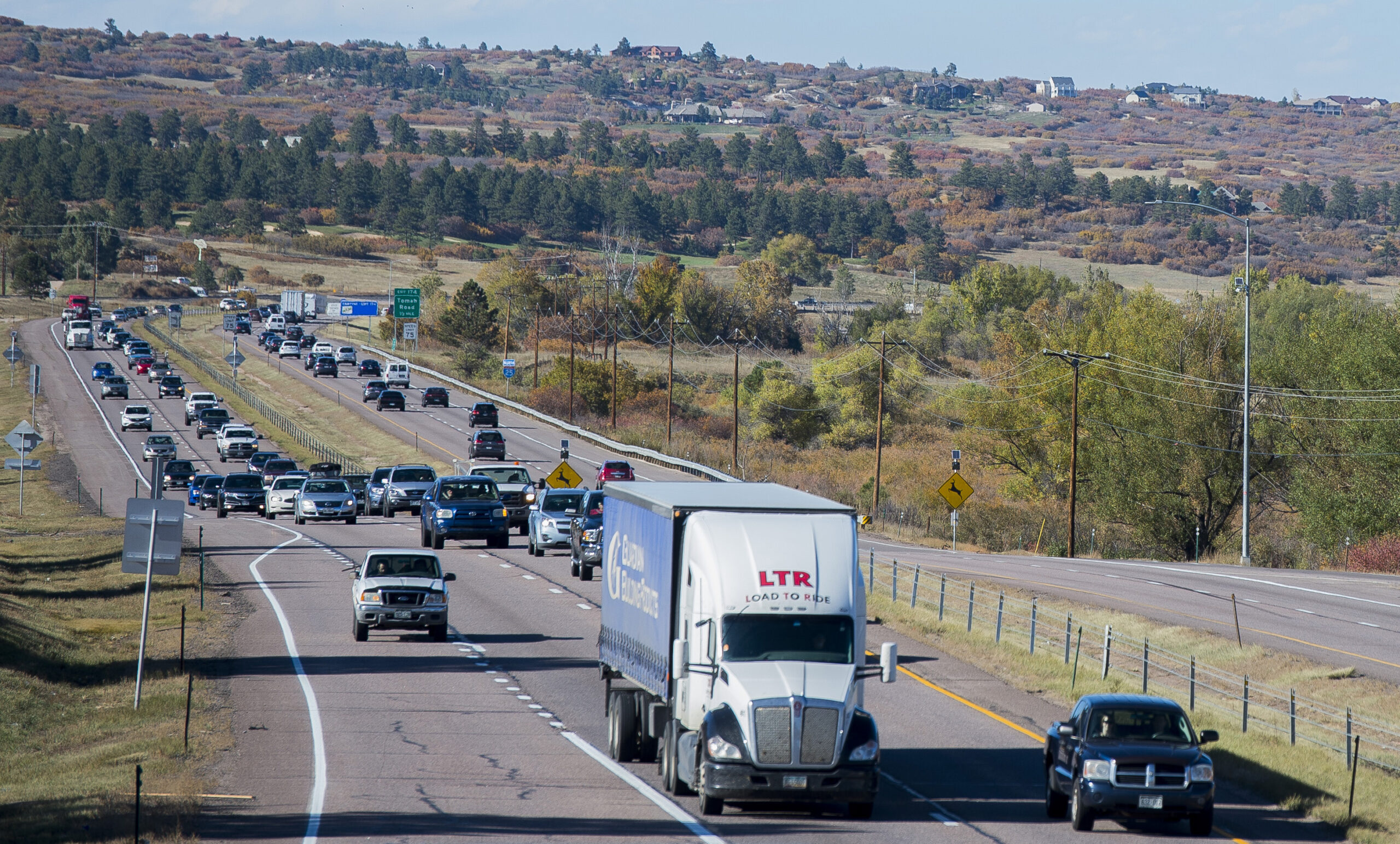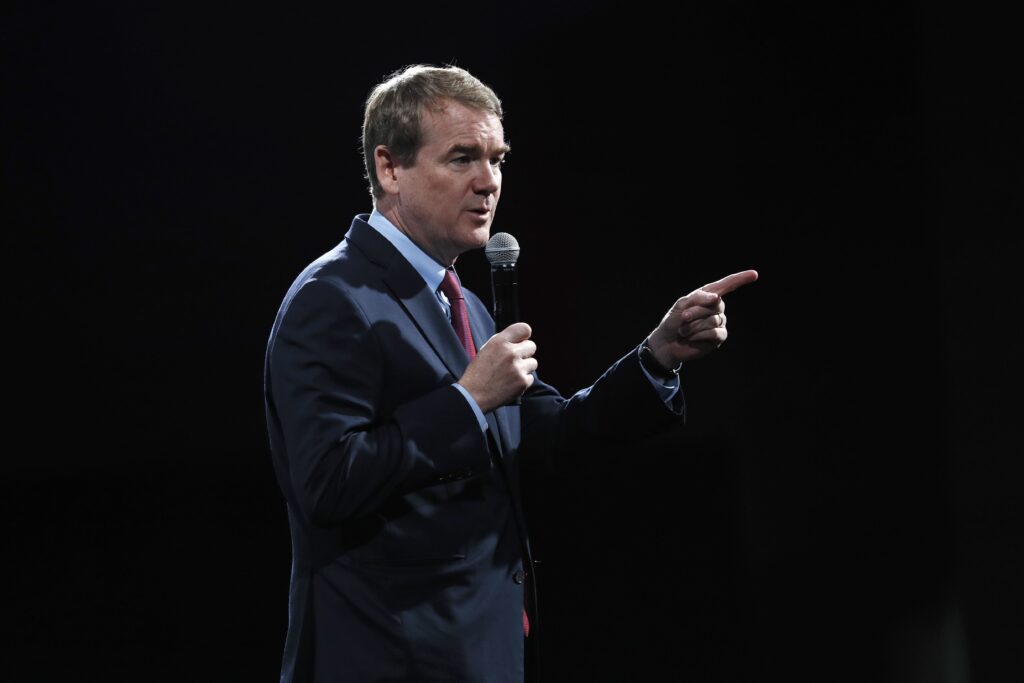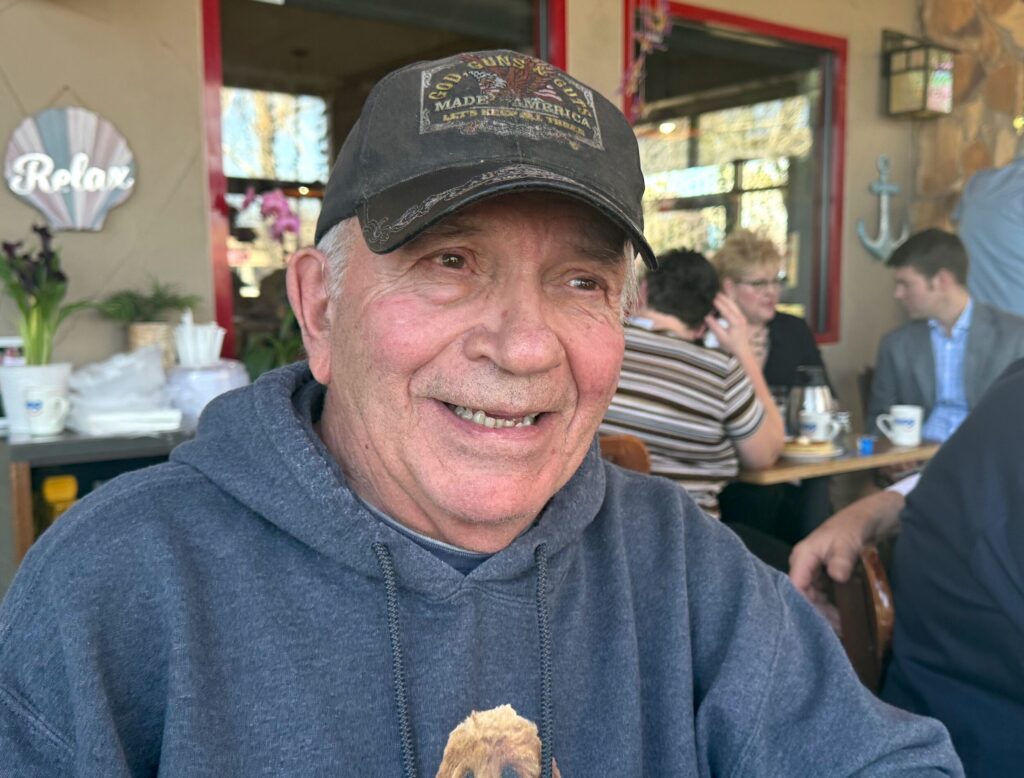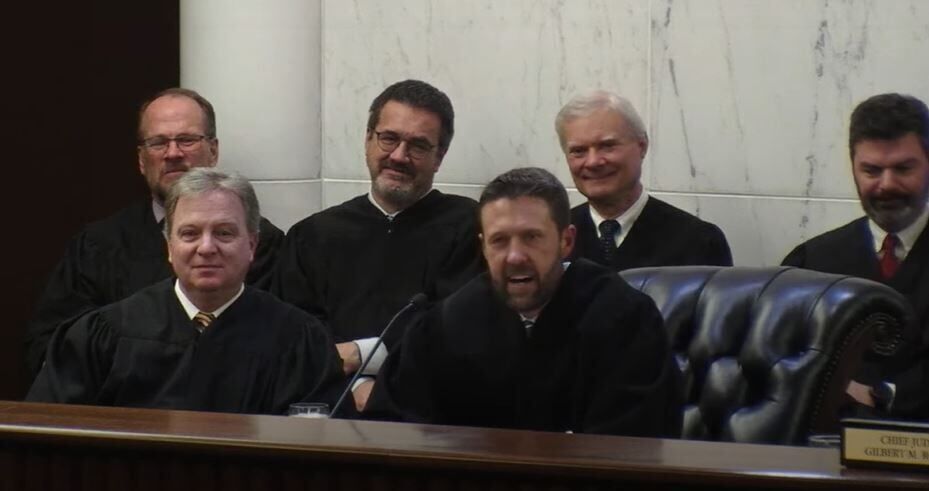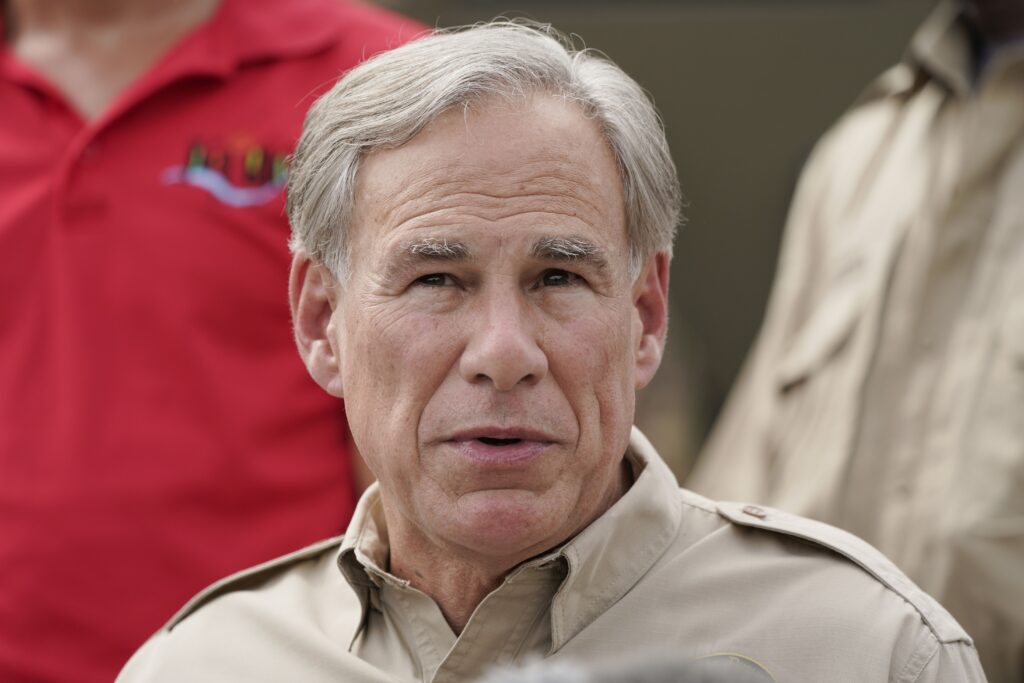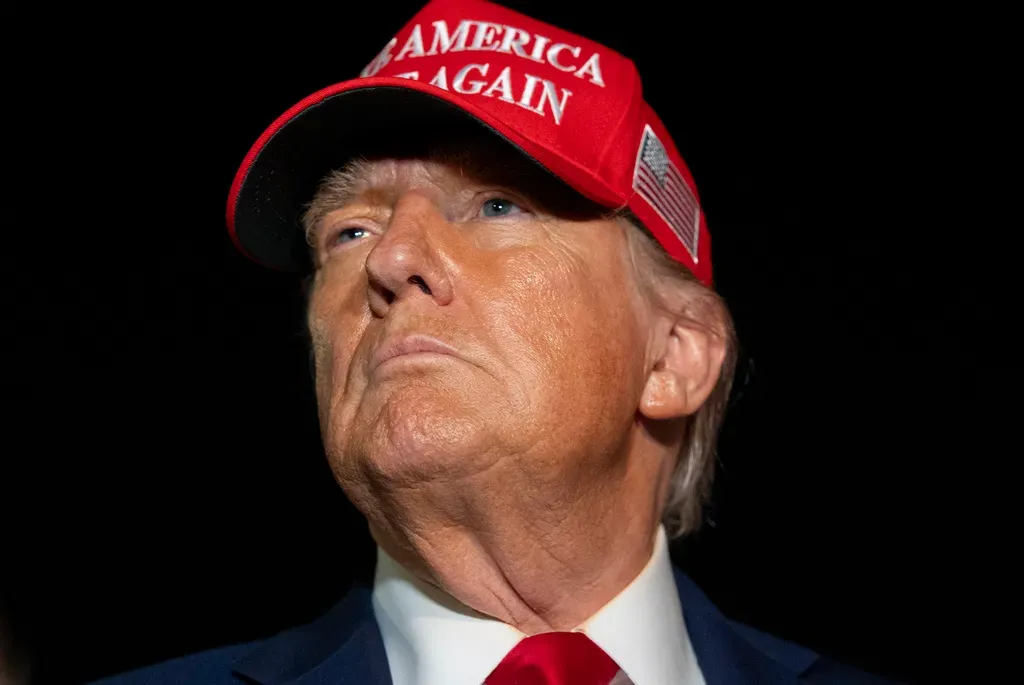Opposing tolls could endanger I-25 ‘Gap’ widening, state transportation official says
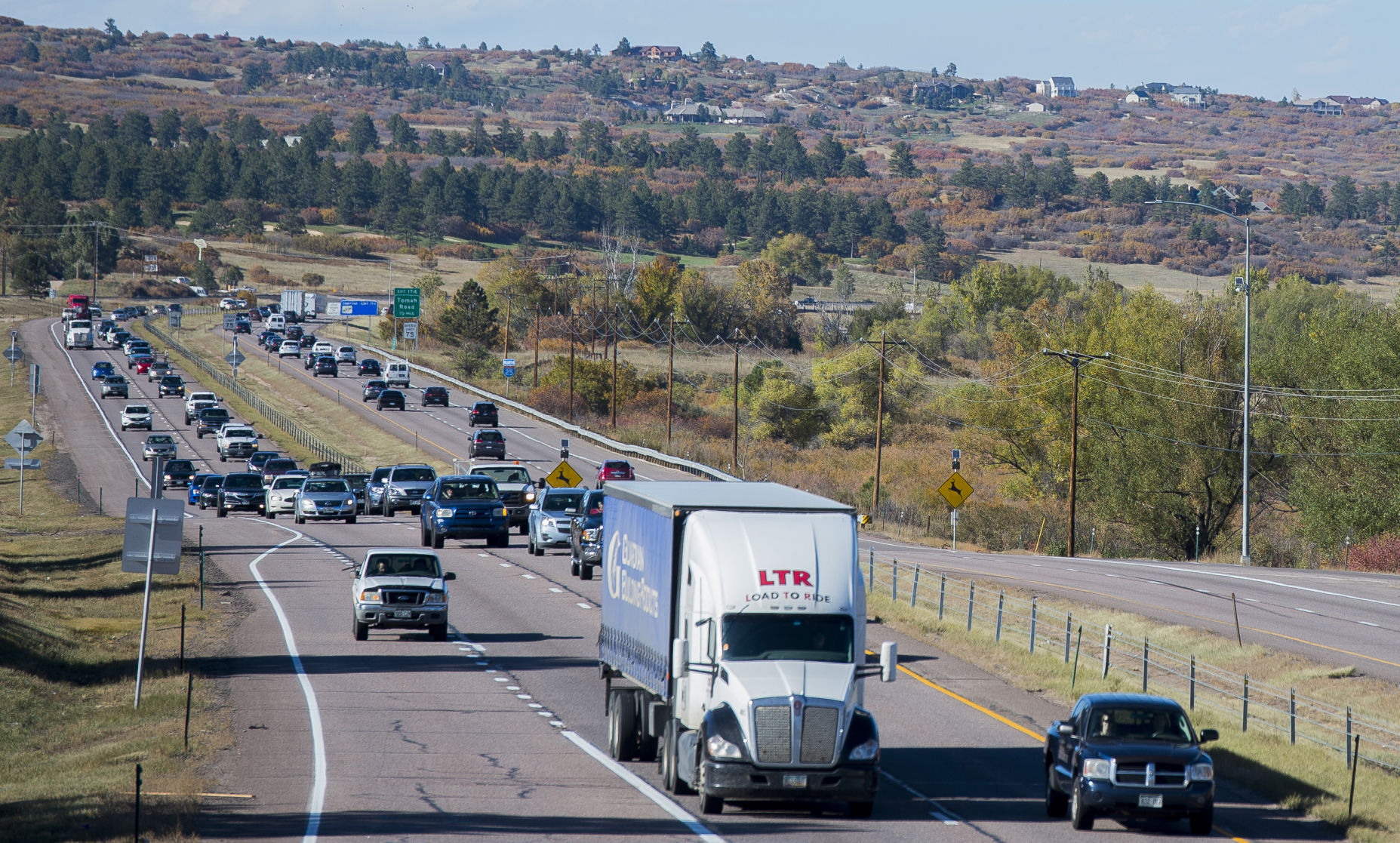
A local transportation official is concerned that removing toll lanes from a proposal to widen the Interstate 25 “Gap” could hurt El Paso County’s chances of obtaining a $65 million federal transportation grant.
State Transportation Commissioner Rocky Scott told The Gazette on Thursday he’s worried that the county will not be able to revise the pitch it made in its November grant application if officials come out against toll lanes in widening the roughly 18-mile stretch from Monument to Castle Rock.
Amid a public outcry over the proposed toll lanes, the Board of County Commissioners passed an emergency resolution less than two months after submitting the application declaring their opposition to them. Commission President Darryl Glenn, who signed a cover letter for the application stating the proposal is to construct a tolled express lane in each direction” of The Gap, has said he had no control over the letter’s content and that the county was required to use a template dictated by CDOT.
The county’s application to the U.S. Department of Transportation makes no mention of any alternatives to toll lanes.
In a February email, USDOT spokeswoman Megan Sweeney says there’s no process allowing for an applicant to amend its application for the grant, which is administered through the Infrastructure for Rebuilding America program.
“Allowing some applicants to change or amend their submission after the application deadline undermines the competitive process and is unfair to other applicants not afforded that opportunity,” Sweeney said in an email, which The Gazette provided to Scott. “However, if circumstances have changed in a manner that makes the application inaccurate and DOT is aware of those changes, they may factor that into selection decisions.”
The statements from USDOT officials were first reported in early February by CompleteColorado.com.
Sweeney also said that, if an applicant is awarded the grant based on the merits of a toll lane proposal, but decides against tolling before a grant agreement is finalized, the agency could withdraw the award.
“Does that say it would not be approved? Well, it doesn’t say it explicitly, but it strongly indicates that it puts us in a position of high risk,” said Scott, whose district includes the county. “And that is the linchpin for all the other funding, frankly.”
The county has dismissed concerns about its ability to revise the grant application, saying the final design of the project depends on an environmental review required by the National Environmental Policy Act that’s slated to be completed this spring.
USDOT has repeatedly declined to comment on the status of the county’s application for the grant, which is seen as a key piece of funding for the roughly $350 million project.
State transportation officials have said the project could be under construction later this year and completed in 2021 if all the money that’s been identified for construction is secured. The INFRA grant, along with $250 million in state funds and $35 million in local funds from El Paso County, would pay for the project under the current funding plan.
“Should (the project) fundamentally change, that could impact how the INFRA grant is awarded,” said CDOT spokesman Amy Ford. “This is a very competitive process.”
Scott, who agrees with CDOT that toll lanes are the best option for widening the road, said officials don’t have a backup plan if the grant doesn’t come through.
“The needs around the state are so enormous that every foreseeable dollar at this point has been programmed,” he said. “There is I think one path that gives us the highest probability that we can actually start soon (on The Gap construction).”
“If the El Paso County grant is selected the county will enter into a negotiation process to (develop) the grant agreement,” county spokesman Dave Rose said in Feb. 5 email after The Gazette provided the email from USDOT. “This grant agreement process cannot, will not and should not begin before the completion of the NEPA process.
“It’s simply premature to speculate on specific details of the project at this time,” Rose said.
El Paso County Commissioner Mark Waller, who has helped move the project forward, said the county’s federal lobbyist has advised that details of projects are often worked out after these grants are awarded.
“I don’t think that’s going to be an issue at all,” Waller said when asked about Scott’s comments. “The folks in Denver have been changing the narrative on this constantly to fit the narrative that they’re trying to push.”
Waller and others have also floated the idea of adding one general purpose lane and one toll lane to each side of the Interstate, widening it to four lanes in each direction.
State transportation officials say this would add to the cost of the project and require another Environmental Impact Assessment process.
After the county submitted its application to USDOT last fall, The Gazette asked Sweeney for general information about the application revision process, and she declined to comment.
At county meetings held in late February and early this month, residents have aired their grievances about the toll lanes. Some have said the toll lanes would constitute double taxation because local taxpayer dollars are already going toward the project. Others have said toll lanes are the preference of CDOT, not citizens.
CDOT has said that toll lanes have proved effective in reducing traffic on other highways in the state, such as U.S. 36 between Denver and Boulder, and that they are the best option for widening The Gap.
But the final decision on whether or not toll lanes will be added won’t come until late June. Then, the Federal Highway Administration will likely have signed off on the environmental assessment, which will also include information about another option: adding general purpose lanes.
CDOT is slated to release a draft of the analysis on April 18 and will hold two public hearings on the document. One hearing will take place on May 3 in Colorado Springs and another on May 10 in Castle Rock, according to CDOT spokeswoman Tamara Rollison.
